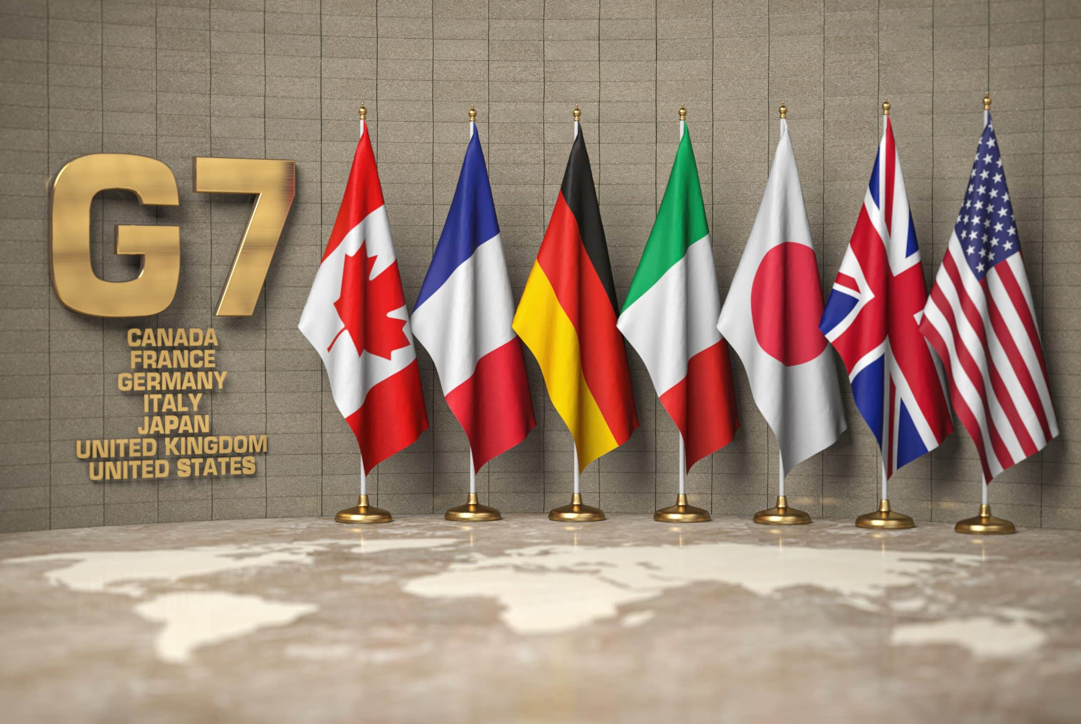Zhong Yin, Research Professor, Research Institute of Global Chinese and Area Studies, Beijing Language and Culture University
Feb 20, 2024
America’s actions that are directly detrimental to China’s interests render China’s cooperation in some regions irrelevant. The good news is that China and the U.S. have agreed to strengthen cooperation. But to ensure concrete results, the U.S. needs to do more.
Brantly Womack, Professor, University of Virginia
Dec 14, 2023
The Indo-Pacific aims to contain China's influence but struggles with unclear membership and diverse objectives. By contrast, the economic region of Pacific Asia, centered on China, emphasizes interdependence, but grapples with political uncertainties due to concerns about overreliance on China. The member states of both have agency and will pursue their own interests, but China’s behavior will likely determine which grouping has the greater strategic salience.
Earl Carr, Founder and Chief Executive Officer at CJPA Global Advisors
Nathaniel Schochet, Analyst and CJPA Global Advisors
Sep 05, 2023
Amid rising geopolitical tensions in the Indo-Pacific region, the Biden administration orchestrated a significant breakthrough by fostering closer relations between South Korea and Japan. This shift is underscored by a recent trilateral summit involving the U.S., Japan, and South Korea, where leaders addressed shared challenges posed by China and North Korea. This collaboration signifies a critical step towards regional security, economic resilience, and a unified approach to navigating the dynamics of the Indo-Pacific.
Zhai Kun, Professor at School of International Studies; Deputy Director of Institute of Area Studies, Peking University
Yin Ke, PhD candidate at the School of International Studies, Peking University
Sep 05, 2023
The ongoing Second Thomas Shoal incident could trigger misjudgments and a wider conflict. Keeping the peace will require a comprehensive approach to crisis management, especially where foundational principles are involved.
Chen Jimin, Guest Researcher, Center for Peace and Development Studies, China Association for International Friendly Contact
Jul 27, 2023
America’s Indo-Pacific Strategy is not only at odds with the regional vision to which ASIAN is committed but it affects the region’s development environment. As a result, ASEAN will steer a middle course to protect its central role.
Nathaniel Schochet, Analyst and CJPA Global Advisors
Earl Carr, Founder and Chief Executive Officer at CJPA Global Advisors
May 31, 2023
The Biden administration recently wrapped up two important state visits with President Yoon Suk Yeol of South Korea and President Ferdinand Marcos of the Philippines. The meetings signify that Biden is on a trek to improve and affirm ties with key Indo-Pacific countries, but it must continue this trend if the U.S. wishes to remain relevant in the region.

Sun Chenghao, Fellow, Center for International Security and Strategy of Tsinghua University; Munich Young Leader 2025
May 30, 2023
The summit did not alter the overall direction of the United States or its core group of allies. U.S.-led competition with China only entered a new phase. America’s objectives have not changed, although it now sees the need to make adjustments.
Sajjad Ashraf, Former Adjunct Professor, National University of Singapore
Apr 28, 2023
The Indian Ocean, as a maritime crossroads of international trade, is a key area of competition between China and the United States.
Chen Jimin, Guest Researcher, Center for Peace and Development Studies, China Association for International Friendly Contact
Apr 24, 2023
Success or failure is closely linked to China’s ability to influence its own neighborhood, as America’s real purpose is the creation of a NATO-style regional alliance. For the U.S., much depends on whether it can accommodate the concerns of countries that don’t want to take sides.
Richard Javad Heydarian, Professorial Chairholder in Geopolitics, Polytechnic University of the Philippines
Mar 24, 2023
As the Philippines shifts its foreign policy strategy, it has become a pivotal player in both the Indo-Pacific and the West. While India has diverged from its Western partners, the Philippines is moving in the opposite direction, not taking “sides” by building stronger relations with other countries and seeking a strong positioning and cooperation with key nations.
Back to Top

- China-US Focus builds trust and understanding between the U.S. and China through open dialogue among thought leaders.
- Our Offerings
- Topics
- Videos
- Podcasts
- Columnists
- Research Reports
- Focus Digest
- Stay Connected
-
Thanks for signing up!
- Get the latest stories from China-US Focus weekly.